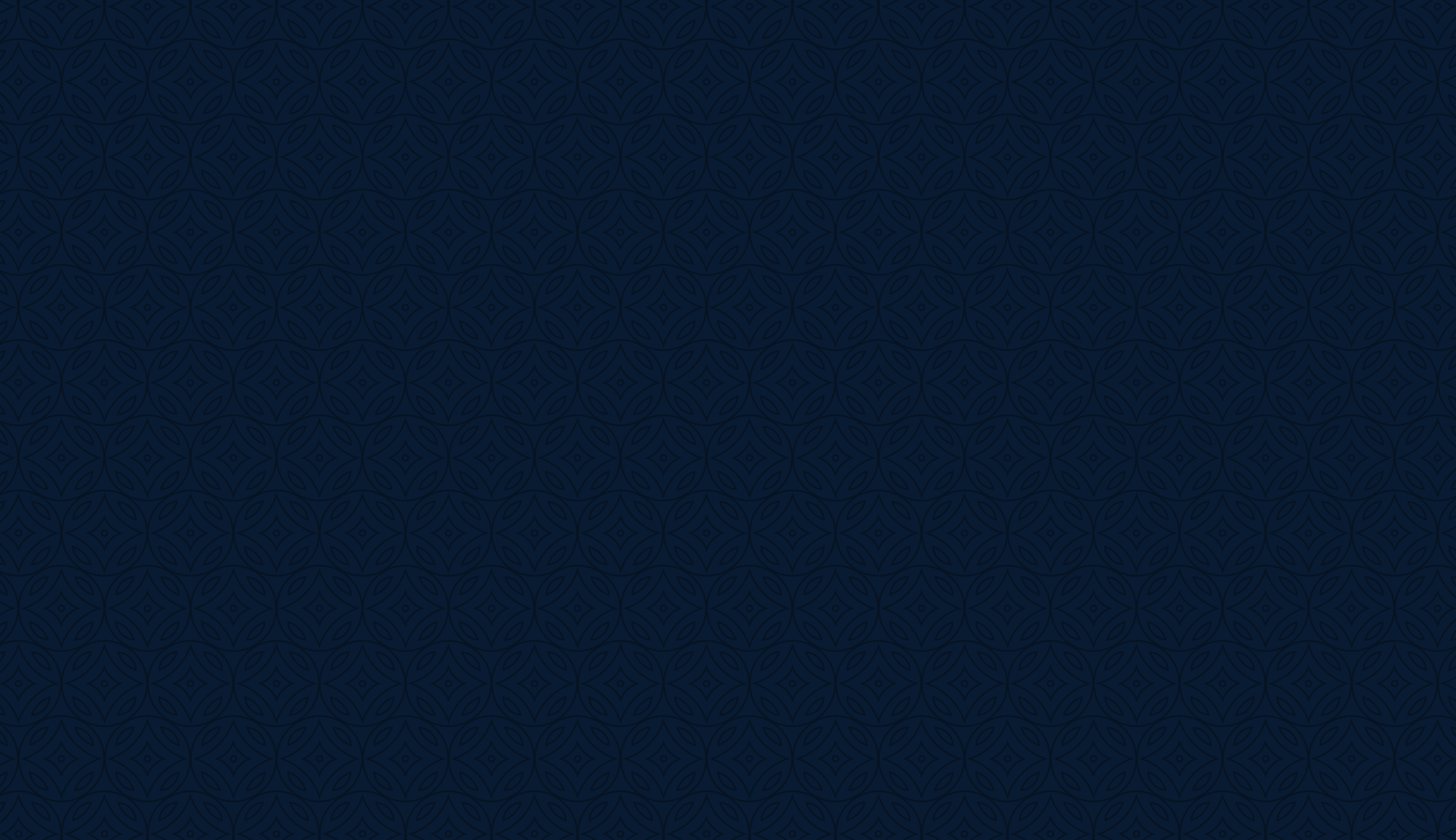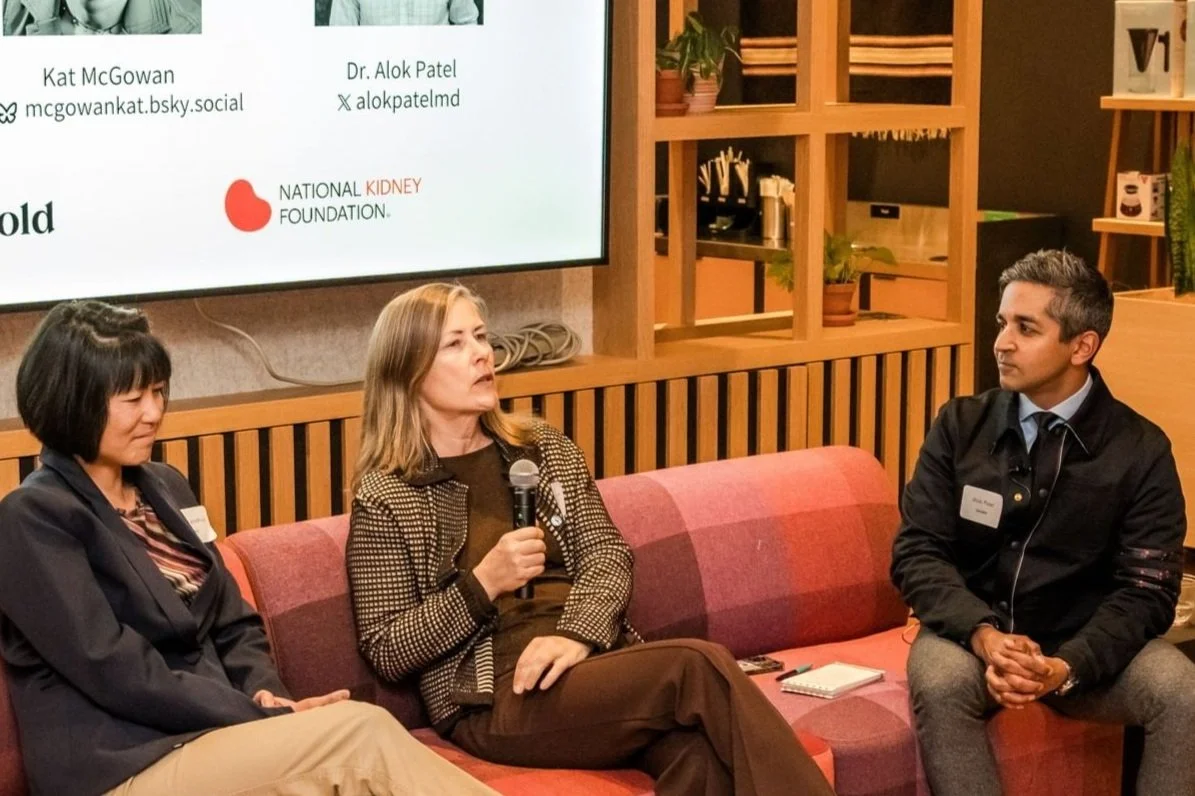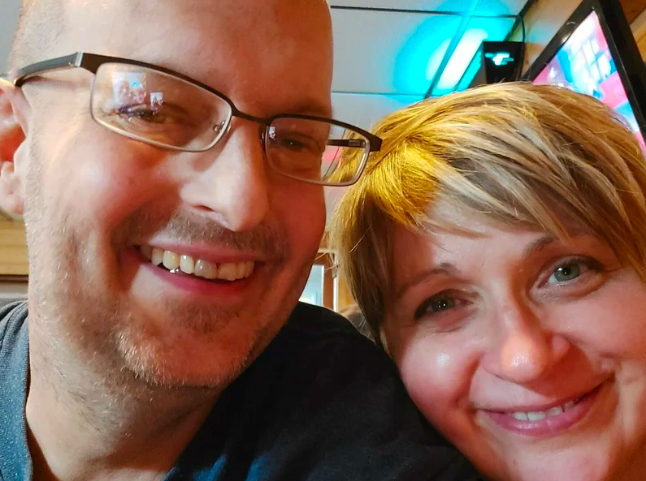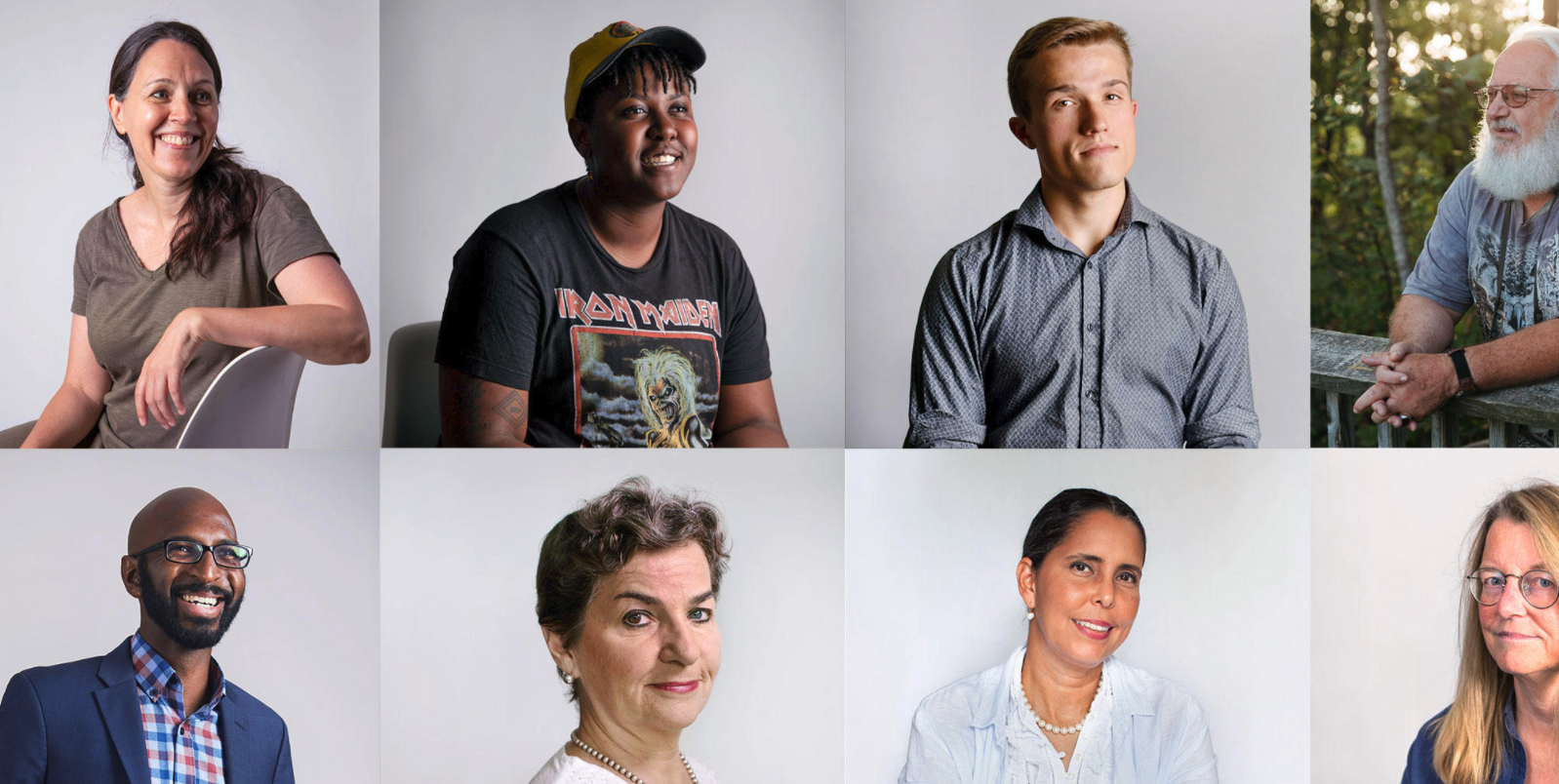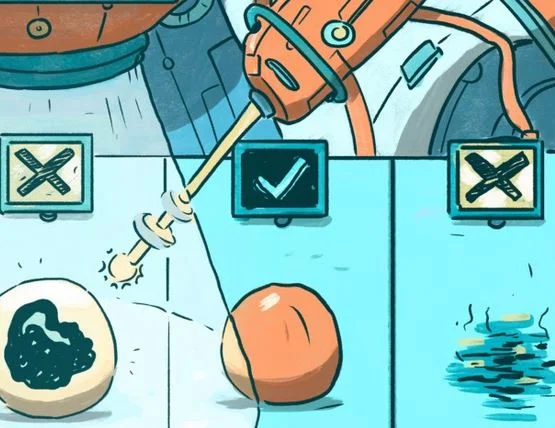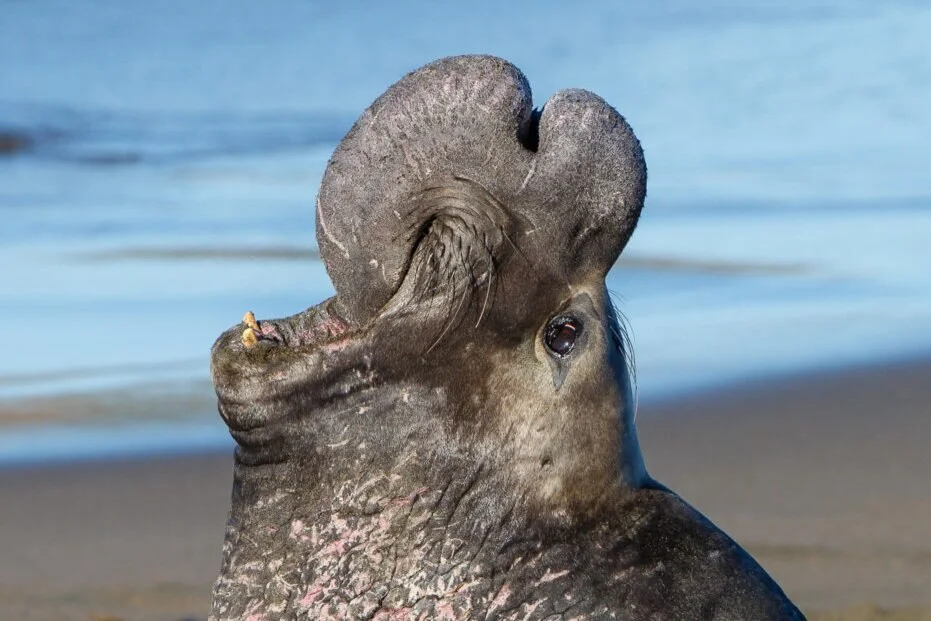about
I’m a journalist in California focused on caregiving.
For years, I reported on inventions and discoveries in science, health and biomedicine. I still do that. But I also became a caregiver, first for my sister-in-law, and then for my parents. It changed my life, and showed me that family caregiving is a national conversation we need to have. The 26 million American caregivers who look after friends and family are effectively the nation’s largest healthcare workforce. But they’re invisible—overlooked in social policy and ignored by the media. I’m trying to expand that conversation, tell these stories, and help people recognize caregiving for what it is: An essential social service, a form of medicine, a love story, a burden, an honor, a privilege—and, for many of us, a chapter of life.
I’m currently a 2024-2025 Rosalynn Carter Mental Health Journalism Fellow, creating a special series for NPR about caregiving and mental health. We’ve covered the loneliness of long-haul caregiving; the rising number of young caregivers; the way that caregiving can transform your sense of self; and other stories.
In 2022, I was awarded a fellowship from the Alicia Patterson Foundation to cover adult caregiving. Stories from that project were published in NPR, Boston Globe Ideas, and Wired. I’ve also contributed features to Popular Science, Scientific American, and Audubon, among others (scroll down for more).
Previously, I organized the Grist 50 list for five years as project editor or project writer, celebrating up-and-coming innovators working on climate change. I edited for Scientific American, Wired, and many other publications (see details on editing page). Features I edited for the autism news website Spectrum in 2016 and 2017 won multiple awards for excellence from the Association of Health Care Journalists and the National Institute for Health Care Management.
I volunteer at Lindsay Wildlife, fostering fledgling owls, ravens and crows, and spend as much time outside as I can.
recently
Caregiving can test you, body and soul. It can also unlock a new sense of self
NPR, April 2025 Caring for sick or elderly adults can bring on stress, anxiety and depression. It can also turn you into someone you don't recognize. It scrambles old habits and patterns, rearranges relationships, and forces you to confront your limits.
They sacrificed to care for family and ended up on the street
NPR, May 29, 2024 Family caregiving often means sacrifice, whether of time, money or peace of mind. These people paid a higher price, putting aside their own lives to care for others, and winding up homeless.
'Hospital-at-home' trend means family members must be caregivers — ready or not
NPR, July 18, 2023 Hospitals can now send sick people home to recuperate, monitored by devices, telehealth, and home visits. Will this innovation make life easier for family caregivers—or overwhelm them with yet another responsibility?
its in our blood
Popular Science, Fall 2021 Scientists know that circulating young blood through an old body restores cognition, boosts organ function, and hastens healing—in mice. What they don't know is how to make that fountain of youth flow for people. Saul Villeda aims to find out.
When Numbers Fail: Coronavirus is a Crash Course in Uncertainty
Boston Globe Ideas, April 24, 2020 We want the numbers, charts and graphs to answer those most terrifying questions: What is happening to us, and when will this end? Instead, Covid-19 is forcing us to learn to live with uncertainty.
Eight Trailblazers Changing the Climate Conversation
Audubon, Fall 2019 Meet a youth activist, a world-changing negotiator, a lifelong birder who just really loves the woods, and five other people changing the way we think about climate.
How Much is Your DNA Worth?
Neo.Life, September 2017 The price of DNA sequencing is falling. The value of the data is increasing. The result: Some new companies will pay you—or give you something good—for access to your data. Can the DNA-for-dollars business model work?
Brain-invading tapeworm that eluded doctors spotted by new dna test
Scientific American, June 2017 For years, the man kept coming back to the hospital with blinding headaches, his face partly paralyzed. Finally, a new DNA-based test caught the culprit: A worm in his brain.
When Pseudosex Is Better Than the Real Thing
Nautilus, November 2016 For a long time, biologists didn’t want to talk about parthenogenesis: Having babies without having sex. It seemed to break all the rules of evolution. Now, a few adventurous researchers are finding that this bizarre form of sex is quite effective.
Our Medical Data Must Become Free
Backchannel, February 2016 Why is it so difficult to get your own health data—and how do so many other people make money off of it? Meet the data dissidents: a young man with cancer who dissected his own brain tumor, then built a web site to host all his data. A mother who unearthed her baby’s mystery illness in his medical files. A security expert who can't trust the code that runs her own pacemaker.
For young adults, caregiving isn't just hard. It can shape you for life
NPR, December 2024 About a quarter of family caregivers are between 18 and 36. For them, the responsibilities just hit harder. They’re out of step with their peers, and may not yet have the life skills or the emotional resilience that the role demands. An informal club of young researcher-caregivers are working on ways to help.
My Parents’ Dementia Felt Like the End of Joy. Then Came the Robots.
Wired, January 8, 2024 As a caregiver, I wanted my parents with dementia to live with joy, meaning, and fun. It seemed futile, until I met the robot-makers creating singing, glowing warm technology—and the dementia activists creating a new vision for the good life.
Family caregivers of people with long COVID bear an extra burden
NPR, Feb 6, 2023 Long COVID reveals a deep truth: Caregiving means managing the medical system itself. This new disease requires caregivers to stay on top of a confusing variety of prescriptions, doctors, tests and bills, all while advocating for a patient who might struggle to speak for themselves.
Agriculture’s Extremely Tiny Saviors
Boston Globe Ideas, July 17, 2020 Like people, plants have microbiomes—zillions of microbes living on and in them. Biotech companies are transforming these microbes into products to make crops healthier, more sustainable, and better at feeding the world.
Dogs: A Love Story
Popular Science, Spring 2020 How did the big bad wolf become the dear little dog? Scientists are finding new answers in dog behavior and brains—along with clues about how we, too, might have domesticated ourselves.
The Social Network
Audubon, Winter 2018 For flocking birds, friends mean survival. A team of Oxford scientists are spying on the social networks of birds, hoovering up data that would make Facebook blush—and discovering the universal rules of friendship.
One Test May Spot Cancer, Infections, Diabetes and More
Scientific American, September 2017 Sequencing the short scraps of DNA floating around in your blood could become a stethoscope for the future, detecting mystery infections, tiny tumors, maybe even strokes and autoimmune disease.
A Radically Simple Idea Will Let Us Catch Cancer Before It’s Cancer
Backchannel, December 2016 Some of the greatest minds in cancer research now say the same thing: It's time to stop fighting the war on cancer, and stop the disease before it starts.
welcome back, otters
Bay Nature, Fall 2016 These sneaky little carnivores were wiped out in the San Francisco Bay decades ago. Without any help or protection, they've quietly come back. Will they stay?
Prenatal testing is about to make being pregnant a lot more stressful
Quartz, March 2016 New genomics-based non-invasive pregnancy tests promise peace of mind. But as the tests add more and more extremely rare conditions, their accuracy plummets. Expecting mothers are left baffled and worried about the confusing results they get.
Caregiving can be a tough, lonely mission. One daughter found ways to reconnect
NPR, October 2024 Isolation makes the other sorrows of caregiving — stress, guilt, resentment, money worries — harder to bear. And the irony is that even though there are as many as 106 million caregivers in this country, many of them feel totally alone. Meet Dawn Shedrick, who found a way out.
When love is deeper than blood: New recognition for families of choice
Boston Globe Ideas, July 18, 2023 Caregiving reaches far beyond family, whether between friends, neighbors, or the LGBTQ+ “families of choice” that step up when flesh-and-blood relatives refuse. New state laws that protect caregivers’ jobs are starting to recognize these relationships too.
the real breakthrough for dementia: smashing the stigma
Boston Globe Ideas, June 4, 2021 We keep hoping for a medical miracle to cure dementia. Instead of waiting for that magic pill, we can improve the lives of people with dementia right now—by breaking down the fear, shame and isolation.
How Protecting Habitats Could Help Prevent Future Pandemics
Audubon, Summer 2020 Infectious disease experts and ecologists see a new way to prevent diseases from leaping from animals to people—smarter conservation policies that protect ecosystem health.
Meet The Deep-Diving, Ear-Splitting 4,500-Pound Rock Star of Año Nuevo
Bay Nature, Winter 2020 The northern elephant seal is an extreme beast in every way: Biggest, most macho, deepest-diving, farthest-foraging, loudest, best-studied by scientists—and most fun to watch. How will this extra-special most-est-of-all animal deal with the coming era of climate change?
Seven creatures with skills that easily beat humans
Popular Science, spring 2018 (cover story): Crows beat kids on puzzles; chimps master tools; bees know what they don’t know. Animal cognition science reveals that no matter what a human can do, there’s probably a critter that can do it better.
A new finding raises an old question: Where and when did life begin?
Popular Science, September 2017 While origins-of-life researchers still fight about how life got started, they now agree upon when: Very very early. The implication: Life is quick and easy—and it just might be everywhere.
More research volunteers are getting their medical test results. Should we cheer — or worry?
Stat News, December 2016 People who volunteer for medical research provide buckets of data, but they can’t access it themselves. An unlikely mix of grassroots activists and big pharma pioneers is changing that equation.
Meet the Bird Brainiacs: American Crow
Audubon, March-April 2016
Urban ecologist John Marzluff is one of the world’s foremost experts on the minds—and brains—of crows. How can these birds remember individual people for so many years? Why do they hold funerals? And what’s with the Cheetos, anyhow?
This Scientist Might End Animal Cruelty—Unless GMO Hardliners Stop Him
Mother Jones, Sept-Oct 2015 Scott Fahrenkrug and his startup Recombinetics are using gene editing to make farm animals’ lives better. He believes biotech can create healthier piglets, more contented cows, and cheerier chickens. Will anti-GMO activists crush his hopes?
